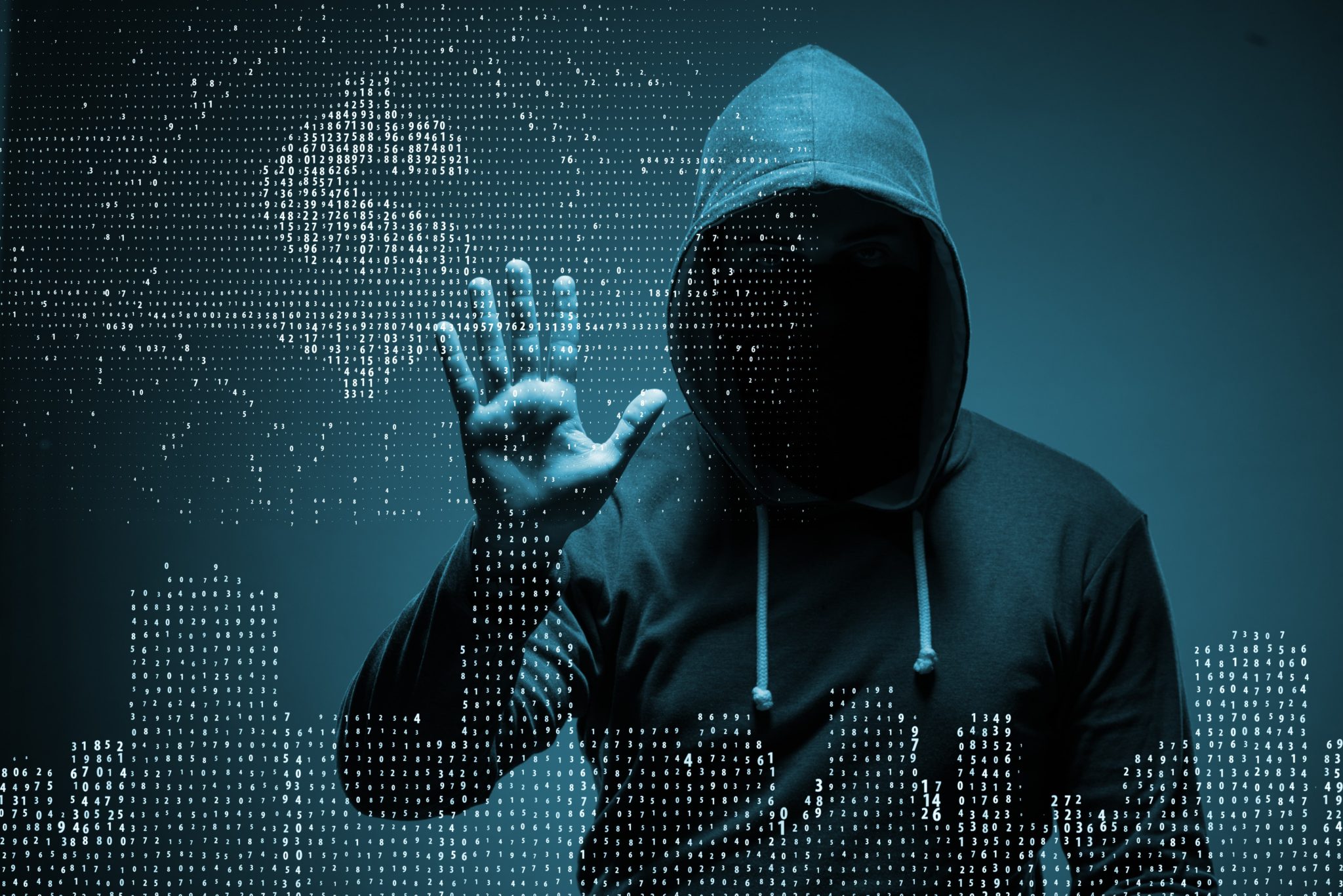10 Essential Tips to Protect Yourself from Hackers
In today's digital age, cybersecurity is more important than ever. With hackers becoming increasingly sophisticated, it's essential to take steps to protect yourself and your sensitive information from falling into the wrong hands. Here are ten essential tips to help you stay secure from hackers:
1. Use Strong, Unique Passwords: Create strong passwords that are difficult to guess and use a different password for each of your accounts. Consider using a reputable password manager to generate and store your passwords securely.
2. Enable Two-Factor Authentication (2FA): 2FA adds an extra layer of security to your accounts by requiring a second form of verification, such as a code sent to your phone, in addition to your password.
3. Keep Software Updated: Ensure that all your devices and software are up to date with the latest security patches and updates. Hackers often exploit vulnerabilities in outdated software.
4. Be Cautious with Email: Be wary of unsolicited emails, especially those with attachments or links. These could be phishing attempts designed to trick you into revealing sensitive information.
5. Use Secure Wi-Fi: Avoid using public Wi-Fi for sensitive activities like online banking or shopping. If you must use public Wi-Fi, use a virtual private network (VPN) to encrypt your internet connection.
6. Secure Your Devices: Use antivirus and antimalware software to protect your devices from malicious software. Also, consider enabling device encryption to protect your data in case your device is lost or stolen.
7. Backup Your Data Regularly: Regularly backup your important data to an external hard drive or a cloud storage service. This ensures that you can recover your data in case of a cyber attack or hardware failure.
8. Be Mindful of Social Media: Be cautious about the information you share on social media. Avoid sharing sensitive personal information that could be used by hackers to guess your passwords or security questions.
9. Educate Yourself: Stay informed about the latest cybersecurity threats and best practices. Be aware of common scams and tactics used by hackers to trick people into revealing their personal information.
10. Trust Your Instincts: If something seems suspicious or too good to be true, it probably is. Trust your instincts and verify the authenticity of any requests for sensitive information before responding.
By following these tips, you can significantly reduce your risk of falling victim to hackers and protect your digital life. Stay vigilant and proactive about your cybersecurity to stay one step ahead of cyber threats.
In today's digital age, cybersecurity is more important than ever. With hackers becoming increasingly sophisticated, it's essential to take steps to protect yourself and your sensitive information from falling into the wrong hands. Here are ten essential tips to help you stay secure from hackers:
1. Use Strong, Unique Passwords: Create strong passwords that are difficult to guess and use a different password for each of your accounts. Consider using a reputable password manager to generate and store your passwords securely.
2. Enable Two-Factor Authentication (2FA): 2FA adds an extra layer of security to your accounts by requiring a second form of verification, such as a code sent to your phone, in addition to your password.
3. Keep Software Updated: Ensure that all your devices and software are up to date with the latest security patches and updates. Hackers often exploit vulnerabilities in outdated software.
4. Be Cautious with Email: Be wary of unsolicited emails, especially those with attachments or links. These could be phishing attempts designed to trick you into revealing sensitive information.
5. Use Secure Wi-Fi: Avoid using public Wi-Fi for sensitive activities like online banking or shopping. If you must use public Wi-Fi, use a virtual private network (VPN) to encrypt your internet connection.
6. Secure Your Devices: Use antivirus and antimalware software to protect your devices from malicious software. Also, consider enabling device encryption to protect your data in case your device is lost or stolen.
7. Backup Your Data Regularly: Regularly backup your important data to an external hard drive or a cloud storage service. This ensures that you can recover your data in case of a cyber attack or hardware failure.
8. Be Mindful of Social Media: Be cautious about the information you share on social media. Avoid sharing sensitive personal information that could be used by hackers to guess your passwords or security questions.
9. Educate Yourself: Stay informed about the latest cybersecurity threats and best practices. Be aware of common scams and tactics used by hackers to trick people into revealing their personal information.
10. Trust Your Instincts: If something seems suspicious or too good to be true, it probably is. Trust your instincts and verify the authenticity of any requests for sensitive information before responding.
By following these tips, you can significantly reduce your risk of falling victim to hackers and protect your digital life. Stay vigilant and proactive about your cybersecurity to stay one step ahead of cyber threats.
dfcfsff
- Get link
- X
- Other Apps


Comments